Media
What the sea spider genome reveals about their bizarre anatomy
The first high-quality pycnogonid genome provides novel insights in chelicerate evo-devo
The first high-quality pycnogonid genome provides novel insights in chelicerate evo-devo
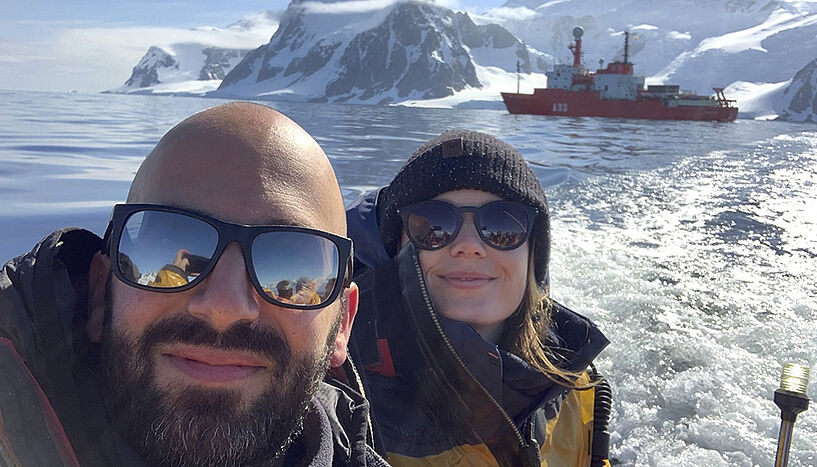
Mycoplankton plays an active role in the degradation of organic matter and the cycling of nutrients
05.06.2023 | [weiter]

The goal is a collection of open-access Nature-based Therapy Guides for different stakeholders, practitioners and policy makers
01.06.2023 | [weiter]

15-country study confirms that people living near or visiting the seaside enjoy better health
24.05.2023 | [weiter]

For Scholarly Excellence in Research of the Jewish Experience
24.05.2023 | [weiter]
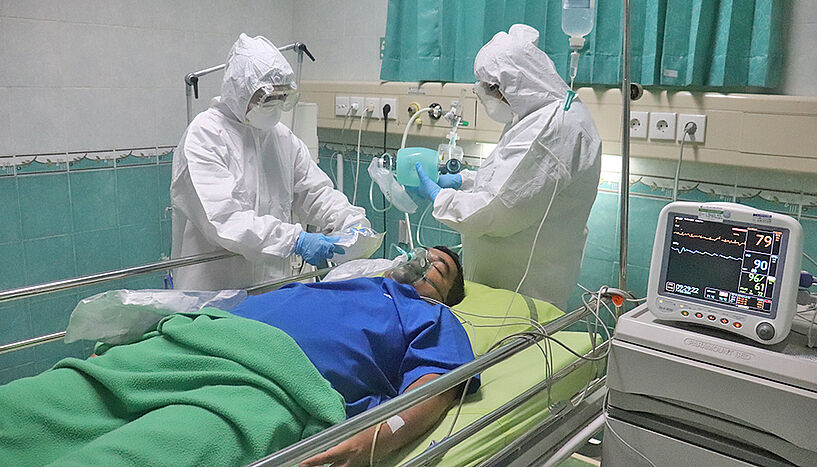
A study from the University of Vienna shows a positive effect of vaccination even in patients requiring oxygen.
23.05.2023 | [weiter]
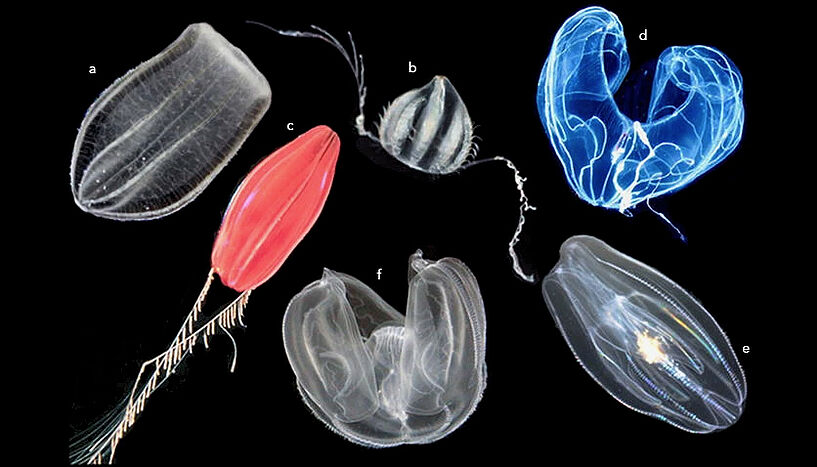
Mapping gene linkages provides clear-cut evidence for comb jellies as sibling group to all other animals
17.05.2023 | [weiter]
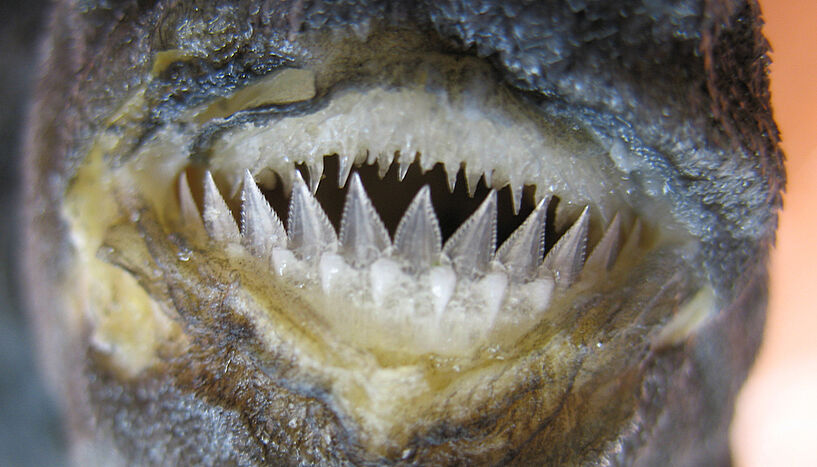
Analysis using X-ray computed tomography and 3D reconstructions
16.05.2023 | [weiter]
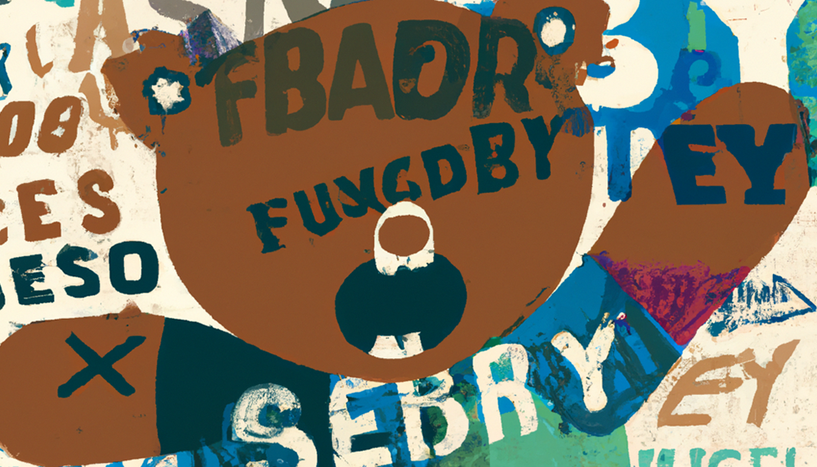
Study to investigate swearing and bilingualism in South Africa
12.05.2023 | [weiter]